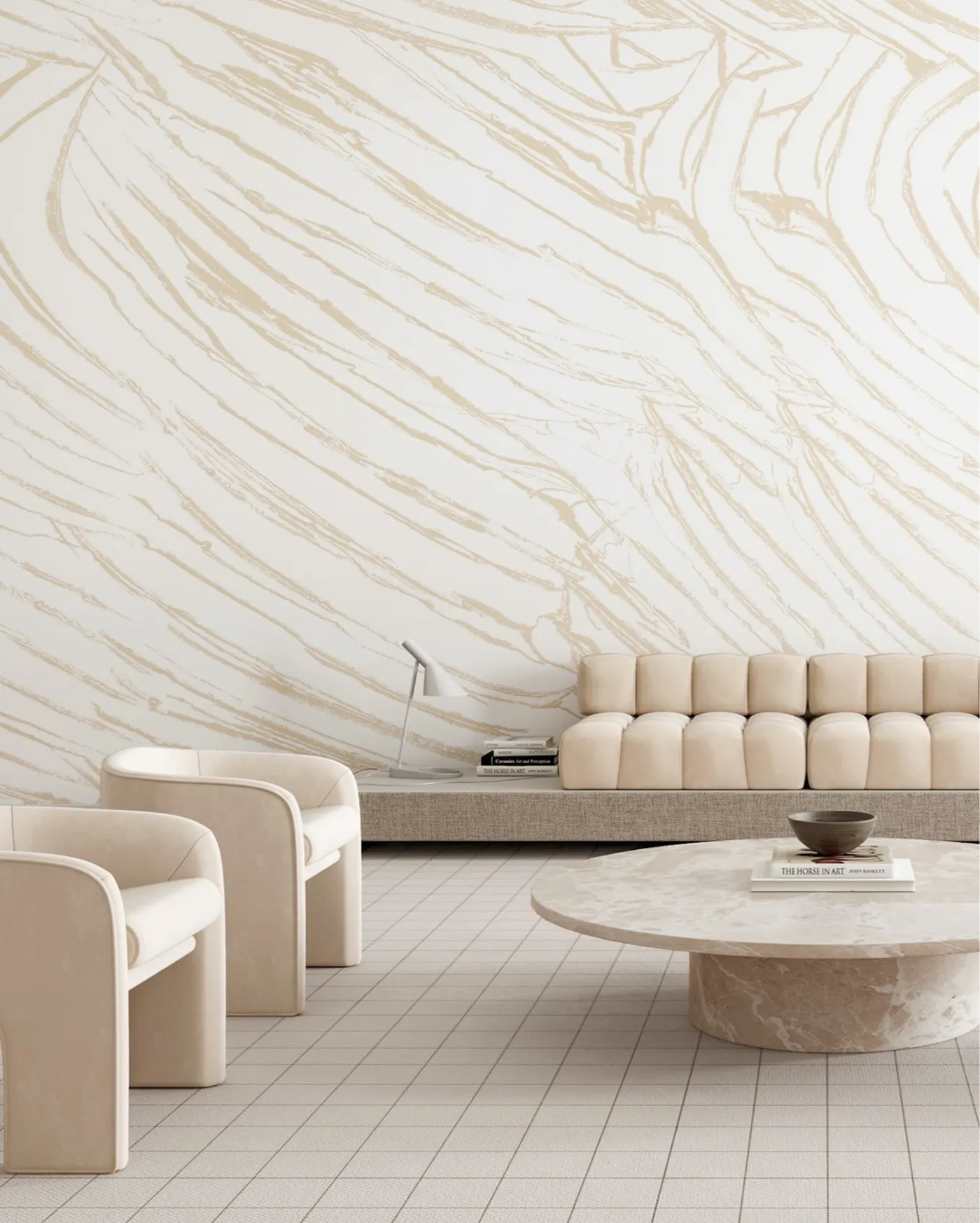Recognizing Minimalism: Methods for Minimizing Mess and Enhancing Clearness in Everyday Living
Minimalism is increasingly identified as a sensible technique to improving clarity and emphasis in today's cluttered globe. By methodically assessing our ownerships and prioritizing intentionality, we can develop areas that not only show our values yet likewise advertise mental well-being. Utilizing techniques such as the "Four-Box" strategy can assist in a more well organized atmosphere, yet the true obstacle hinges on growing a minimal state of mind that sustains these initiatives. Discovering the subtleties of this philosophy may expose surprising insights into how you can change your life. What might you find when you accept this intentional simpleness?
Specifying Minimalism and Its Benefits
Specifying minimalism involves recognizing it as a lifestyle option that stresses simpleness and intentionality in both daily routines and physical ownerships. At its core, minimalism urges people to prioritize what truly matters, enabling for an extra meaningful and focused existence. By removing away the non-essential, minimalism invites individuals to engage deeply with their experiences and surroundings.
The advantages of embracing a minimalist strategy are complex. It cultivates psychological clarity, as reducing mess in one's setting can lead to decreased diversions and stress and anxiety. When surrounded by less ownerships, people usually report boosted concentration and boosted productivity. Secondly, minimalism advertises monetary freedom; by focusing on demands over wants, individuals can make even more educated getting choices, resulting in potential financial savings and lowered financial debt. Furthermore, a minimal lifestyle can generate emotional benefits, as it urges individuals to cultivate gratefulness of what they have instead than yearning for a lot more.
Inevitably, minimalism is not just about worldly decrease but includes a holistic shift in point of view, cultivating a life characterized by function, balance, and gratification. Accepting this way of life can bring about extensive adjustments in how individuals perceive and communicate with the globe around them.
Evaluating Your Existing Mess
Clutter commonly materializes as a frustrating accumulation of items that no longer serve an objective, producing a barrier to attaining a minimal lifestyle. Take note of details groups of items, such as apparel, publications, or kitchenware, as this will certainly aid you comprehend the scope of the mess.

Additionally, take into consideration the frequency of usage for each item. Eventually, understanding your present mess is an important step towards accepting minimalism and boosting clearness in your day-to-day living.

Practical Decluttering Techniques
Having analyzed your existing mess, the next step is to apply sensible decluttering strategies that promote an even more organized living space. Minimalism. One effective approach is the "Four-Box" strategy, where you mark four boxes identified: keep, give away, garbage, and relocate. This approach encourages quick decision-making and guarantees things are classified properly
An additional method is the "One in, One out" regulation, which stipulates that for every new item acquired, an existing thing must be removed. This concept aids maintain balance and stops build-up gradually. Furthermore, consider the "30-Day Minimalism Game," where you get rid of one thing on the first day, two on the second, and so forth, cumulatively visit this web-site cultivating a sense of accomplishment.
For those that deal with psychological attachments to belongings, the "Nostalgic Value" strategy can be helpful. Limit on your own to a specific number of valued items, enabling you to value their importance without frustrating your room. Develop a regular decluttering routine, whether month-to-month or seasonally, to keep a clutter-free environment. By utilizing these strategies, you can create a much more efficient and tranquil living room, eventually boosting clearness in your day-to-day life.
Producing Willful Rooms
Developing intentional areas entails a thoughtful method to how we style and arrange our settings, ensuring each area serves a certain purpose and reflects our values. This method is crucial in cultivating a sense of quality and purpose in our day-to-days live. By critically analyzing the feature of each area, we can eliminate diversions and boost our total wellness.
To create intentional rooms, start by determining the primary tasks that will certainly happen in each area. For example, a home workplace ought to be developed to promote productivity, including aspects such as sufficient lighting, comfy furniture, and marginal diversions. On the other hand, a leisure area should advertise serenity, including comforting shades and comfortable seating.
In addition, think about the emotional influence of your environments (Minimalism). Including personal things that reverberate with your values, such as artwork or plants, can boost the connection to your room. On a regular basis review these settings to ensure they continue to offer their designated purpose as your needs evolve
Inevitably, producing deliberate spaces has to do with making aware options that align with your lifestyle, advertising consistency and effectiveness in your living and workplace.
Keeping a Minimalist Mindset
Embracing a minimalist frame of mind requires recurring representation and intentionality in our actions and thoughts. This approach involves cultivating understanding of our worths and concerns, permitting us to filter distractions and concentrate on what absolutely matters. To keep this frame of mind, routine self-assessment is necessary. Establish apart time to assess your commitments, belongings, and even digital web content, guaranteeing they straighten with your core concepts.
Another key method is to exercise thankfulness. Recognizing what you already possess fosters contentment and minimizes the need for excess. This change in viewpoint urges appreciation for simpleness, improving general wellness. Incorporating mindfulness strategies, such as reflection or journaling, can even more reinforce a minimal mindset by advertising clearness and decreasing mental mess.
Additionally, develop boundaries to shield your energy and time. Find out to state no to non-essential commitments and diversions that do not add to your personal growth. Surround on your own with like-minded individuals that sustain your minimalist trip, as shared worths can boost motivation and responsibility.
Verdict
In final thought, embracing minimalism supplies significant advantages, consisting of decreased mess and boosted clarity in day-to-day live (Minimalism). By methodically assessing ownerships and he has a good point implementing practical decluttering strategies, people can produce willful rooms that promote mindfulness and thankfulness. Preserving a minimalist state of mind calls for ongoing assessment and dedication to simpleness, inevitably resulting in a much more focused and fulfilling lifestyle. The concepts of minimalism offer as beneficial devices for growing a setting that sustains individual development and health.

Additionally, consider the "30-Day Minimalism Game," where you eliminate one item on the go to this site first day, two on the second, and so forth, cumulatively fostering a sense of accomplishment.
In conclusion, embracing minimalism offers significant benefits, including reduced clutter and enhanced quality in day-to-day life.